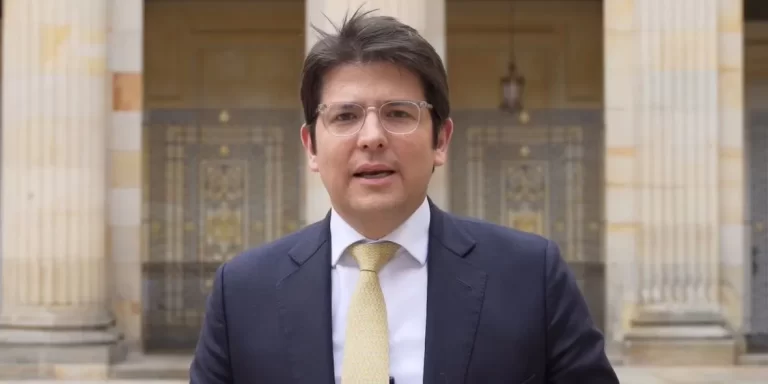[ad_1]
STRASBOURG (Reuters) – The European Parliament called on Tuesday for weedkiller glyphosate to be phased out in the next five years, prompting the European Commission to drop its proposal for a 10 year license extension.
Europe has been debating the use of the herbicide for more than two years and Tuesday’s non-binding vote comes a day before representatives from the 28 EU member nations were due to meet in Brussels to discuss and give their view on a Commission proposal to extend the license for glyphosate by 10 years.
However, the Commission said it would be instructing its representative at that meeting to seek a broad consensus.
“The direction given is to strive to reach between five and seven years, taking into account the risk assessment made by the European Parliament in today’s vote,” a Commission spokesman said.
The Parliament voted by 355 to 204 in favor of a resolution urging the European Commission to adopt measures to phase out glyphosate – a key ingredient in Monsanto’s top-selling Roundup – across the European Union by mid-December 2022.
It also demanded that the Commission and European Union member states immediately ban the use of glyphosate in households or public parks and on farms if other biological pest control systems were available.
The EU passed an 18-month extension in June 2016 after the bloc failed to agree on a previous proposal to extend the license for 15 years. The current 18-month term expires at the end of the year.
An initial resolution put before lawmakers called for glyphosate to be phased out by the end of 2020. However, an amendment pushed that back to December 2022.
The World Health Organization’s International Agency for Research on Cancer concluded in March 2015 that glyphosate was a substance that probably causes cancer.
But the European Chemical Agency said in March this year that the chemical should not be classified as such.
The center-right European People’s Party (PEP), the largest grouping in the parliament, had earlier said that Europe needed a five-year extension, rather than a three-year phase out, because of a lack of viable alternatives.
“It is absolutely necessary to find solutions to replace it before totally forbidding it,” Angelique Delahaye, the party’s expert on the issue, said in a statement.
Reporting by Lily Cusack and Philip Blenkinsop; editing by Alexander Smith
[ad_2]
Source link






Leave a Reply